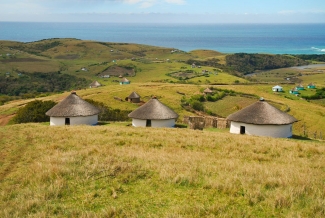Beyond IPCC, Research for Paris 2015 and Beyond
The Climate conference in ParisDecember 2015 is described as “last chance” or “5 to twelve” but in the climate arena there is a risk that we have over-utilized the doomsday vocabulary already in the run-up to Copenhagen, 2009 the better part of a decade ago. For those who have worked on climate issues for several decades it poses a special challenge to calibrate language.Words like “immediate” need careful explanation.
